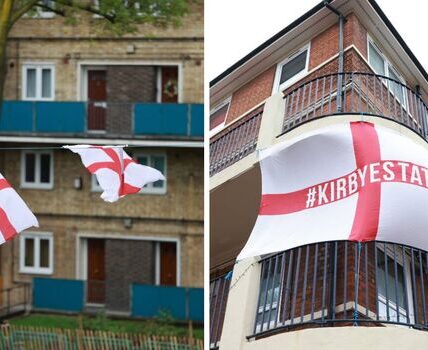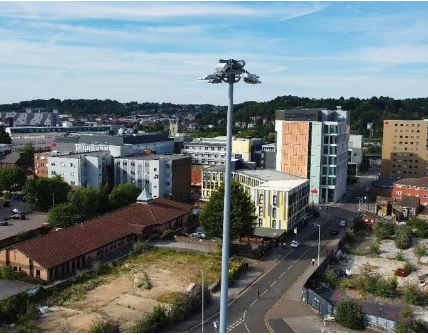The Chancellor is considering freezing the income tax threshold so that more people on low incomes pay tax

Chancellor Rachel Reeves could freeze tax thresholds (Image: Getty)
Chancellor Rachel Reeves could force almost one million people on low incomes to pay income tax, experts warned. She was urged to rule out the move, which would hit pensioners and workers on the minimum wage. A study warned that freezes in the thresholds at which income tax and National Insurance contributions becomes payable, first introduced under the Conservatives, were increasing tax bills for people on the lowest incomes
Thresholds have been fixed since April 2023 and are due to stay frozen until April 2028, meaning inflation erodes their real value. But there is speculation Ms Reeves could extend the freeze until 2030, raising an extra £8.3 billion per year. Extending the freezes for two years would leave the total number of income tax payers at 42.1 million in 2029–30 – 960,000 higher than under the current plan and 5.1 million higher than if there had been no freezes at all, according to the Institute for Fiscal Studies (IFS).
Matthew Oulton, a research economist at IFS, said: “The Chancellor may well want to raise more revenue and change who pays tax, and changing thresholds is a reasonable tool to use. But freezes set many years in advance are not – how big the tax rise turns out to be depends upon the unknown and unpredictable path of inflation.”
For the first time since its introduction, the full new state pension is set to exceed the income tax personal allowance in 2027–28. In 2022–23, just under half of those on the full new state pension paid tax on their incomes. By 2027–28, that share will be 100%.
Extending the freezes to 2029–30 would see the number of income tax payers in families entitled to universal credit rise to 3.1 million, 110,000 more than under current policy and 690,000 more than if there had been no freezes. Those impacted face particularly high effective marginal tax rates – and hence weak work incentives – typically keeping at most 32p in every additional pound they earn due to the combined effect of taxes and the tapering away of benefits.
Extending the freezes for two years would leave the total number of income tax payers at 42.1 million in 2029–30 – 960,000 higher than under the current plan and 5.1 million higher than if there had been no freezes at all.
It would leave the number of people paying higher-rate tax (40% or above) at 10.1 million – 790,000 more than under the current plan and 4.8 million more than if there had been no freezes at all.
The warning comes after business leaders issued a plea to Rachel Reeves not to impose more burdens on employers as new official figures showed economic growth was slowing.
Growth slowed to just 0.1% over three months, in a blow to Ms Reeves ahead of the autumn Budget..
The British Chambers of Commerce insisted: “There must be no more taxes on business in November’s Budget.”
Ms Reeves blamed a five-week shutdown at the UK’s largest car manufacturers, Jaguar Land Rover, following a cyber-attack which shut down IT systems.
She said: “As a result, car manufacturing fell almost 30% in September. Jaguar Land Rover is now back up and running in part because of the support this Government put in, both to help with the cyber attack itself and also to support the supply chain, so that that business has now begun car production again.”
The UK remains the “fastest-growing economy in the G7” this year to date, Ms Reeves added, though she acknowledged US figures are still yet to be published.
Her Budget on November 26 will focus on cutting NHS waiting lists, reducing the cost of living and bringing down the national debt, she said.
But the Food and Drink Federation said nine out of ten food manufacturers were feeling “pessimistic” about the Budget – while two thirds said they had either cut staff numbers or were planning to do so thanks to the National Insurance increase introduced last year.
And Stuart Morrison, Research Manager at the British Chambers of Commerce, said: “The lack of strong, consistent growth means this month’s Budget is a make-or-break moment for business – it must deliver for firms across the UK. Our latest survey of over 4,600 businesses shows a quarter have scaled back their investment plans, and a fifth are expecting their turnover to worsen over the next year.
“That’s why we are clear, there must be no more taxes on business in November’s Budget. The Chancellor must also use her statement to tackle the skills crisis, help firms export and turbocharge infrastructure projects.
“She faces difficult choices, but hitting businesses in the pocket again would be the wrong move.”
Unions also raised concerns and Unite general secretary Sharon Graham said: “The UK economy is on life support. We have low growth, rising unemployment and a deepening cost of living crisis. Workers and communities cannot continue to pay the price.”


